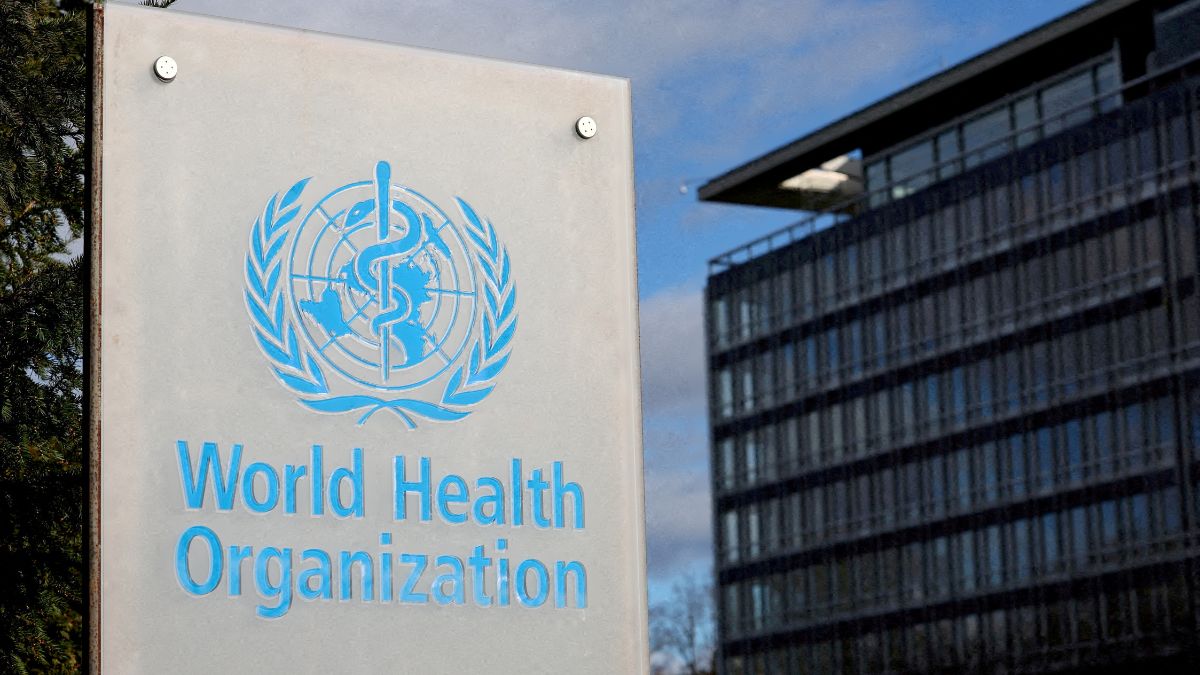WHO raises $170 million at high-level investment round: Here is how much each member pledged
 The World Health Organization (WHO) headquarters in Geneva, Switzerland, | REUTERS
The World Health Organization (WHO) headquarters in Geneva, Switzerland, | REUTERS
The World Health Organization (WHO) raised at least $170 million during a high-level pledging event held on May 20 at the 78th World Health Assembly in Geneva. The organisation expects further contributions from member states and private donors in the coming days.
Notably, Danish pharmaceutical giant Novo Nordisk, a major player in the weight loss drug market with products like Wegovy, emerged as one of the top contributors, pledging $57 million. Among nation-states, Switzerland committed $40 million, followed by Sweden ($13.5 million) and Qatar ($6 million). China has also pledged support, although the final amount is yet to be confirmed.
From the private and philanthropic sector, Laerdal Global Health, the non-profit arm of Laerdal Medical, pledged $12.5 million, while the Children’s Investment Fund Foundation (CIFF) committed $13 million. Both organisations focus on improving health outcomes for poor and vulnerable children, particularly in developing countries.
A chronic challenge for WHO has been its overreliance on a small group of traditional donors and insufficient predictable funding, which hampered its ability to plan and execute long-term programs. This issue was spotlighted when WHO’s Transformation Initiative launched in 2017.
The risks of such dependence were starkly realised when former US President Donald Trump suspended US funding to WHO after returning to office. Historically, the US has been one of WHO’s largest donors; for the 2024–25 cycle alone, it committed $260 million in assessed contributions and $698 million in voluntary funding—together accounting for 14 per cent of WHO’s programme budget up to November 2024.
WHO launched its first-ever investment round last year, ahead of the 77th World Health Assembly in May 2024. The process culminated in a major pledging event hosted by Brazil in November 2024. The investment round was a key recommendation from the WHO Working Group on Sustainable Financing, aimed at ensuring predictable, sustainable, and flexible funding for the organisation.
In addition to voluntary pledges, WHO member states last year approved an increase in assessed contributions. This year also, they approved another 20 per cent increase as part of the 2026–27 budget of $4.2 billion, translating to an additional $90 million in membership dues.
According to WHO, funds raised through the Investment Round could help save an additional 40 million lives over the next four years. The organisation has also broadened its fundraising base through individual giving. Through the One World Movement, nearly 8,000 individuals have become ‘Member Citizens,’ contributing a total of $600,000.
Health